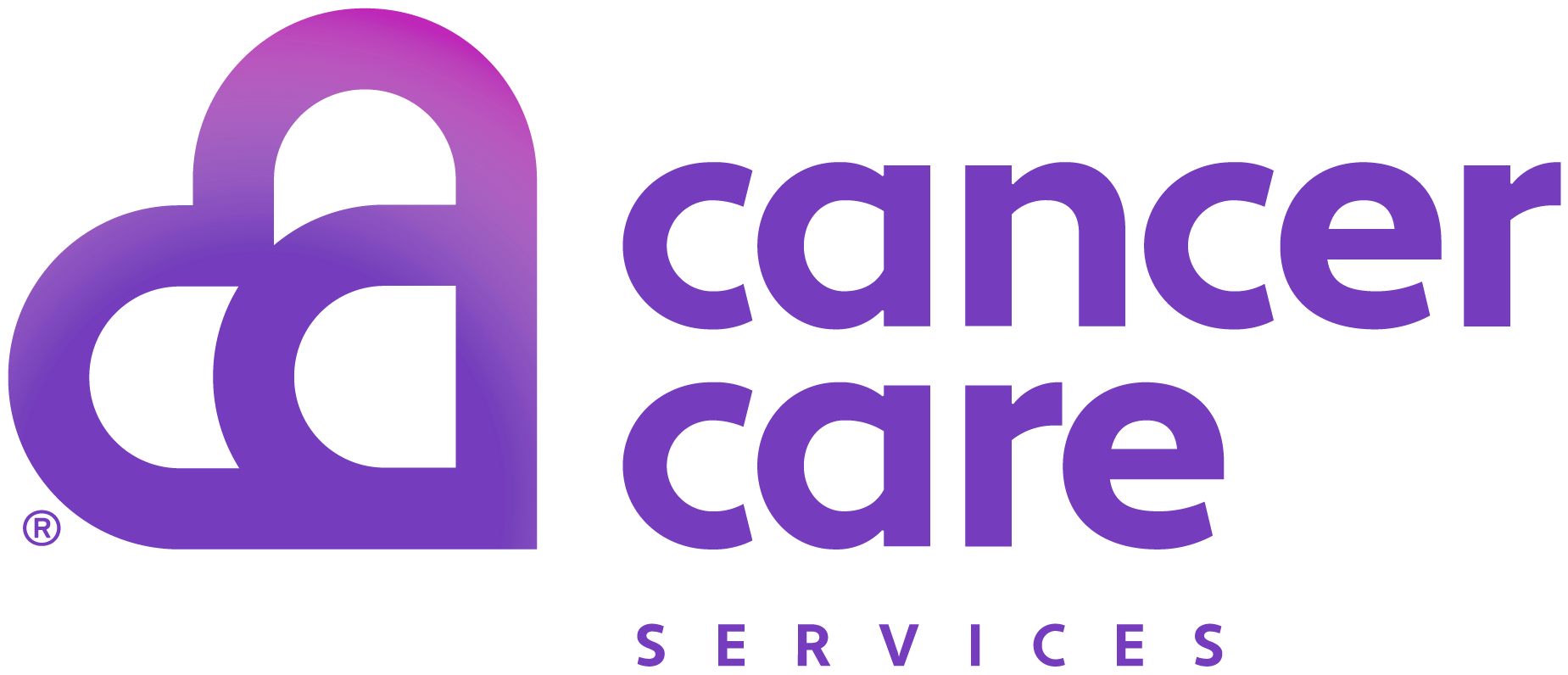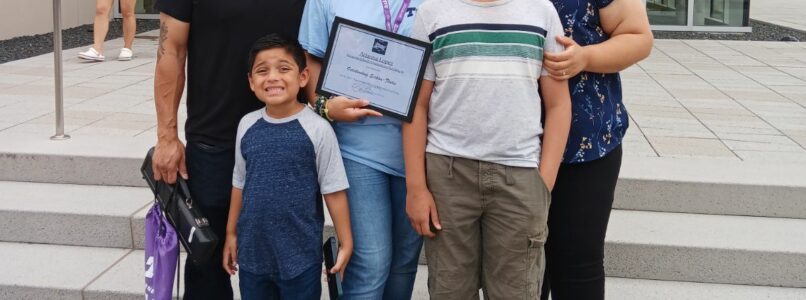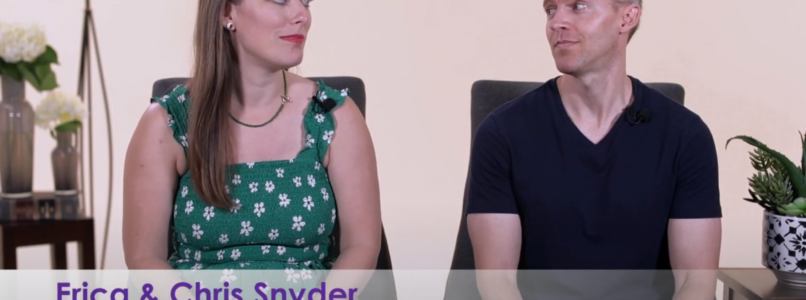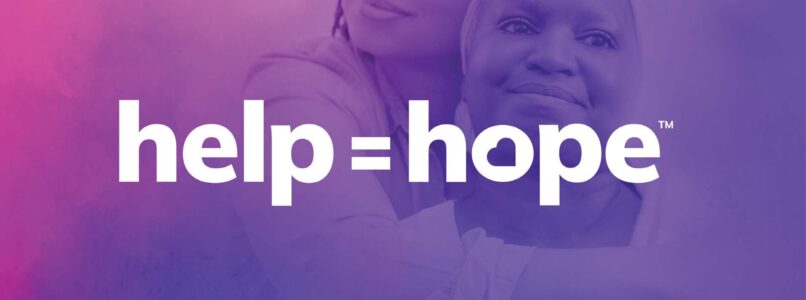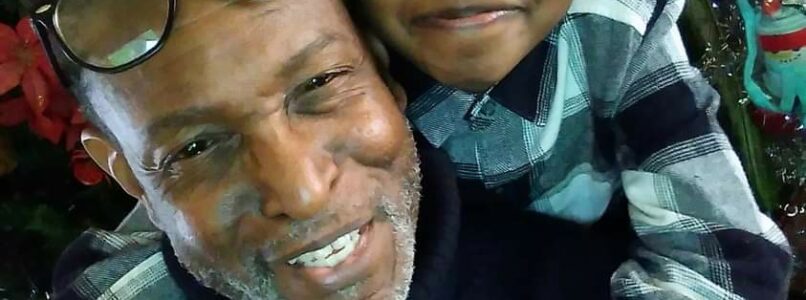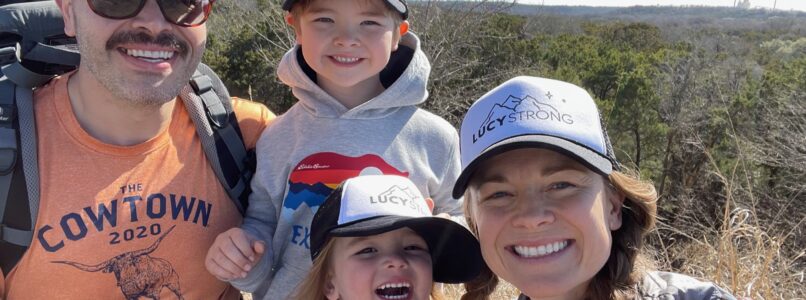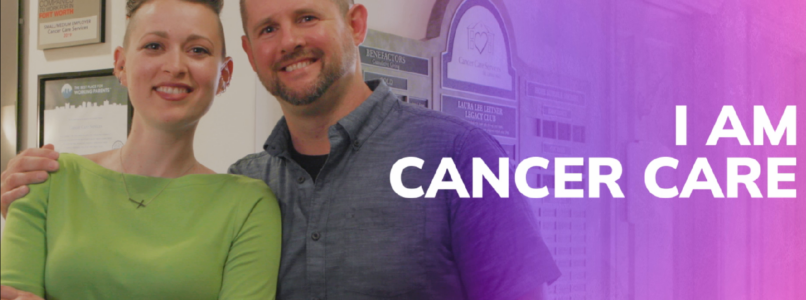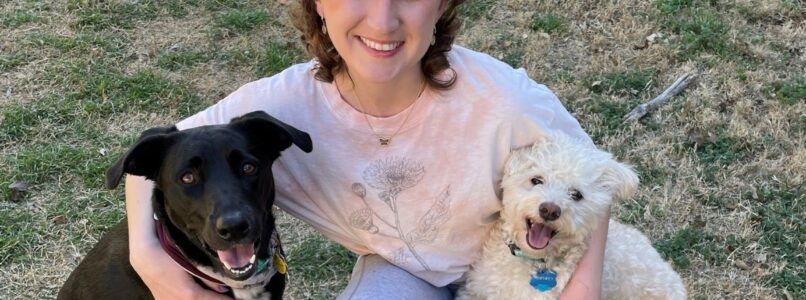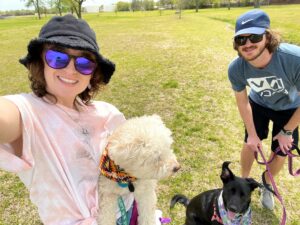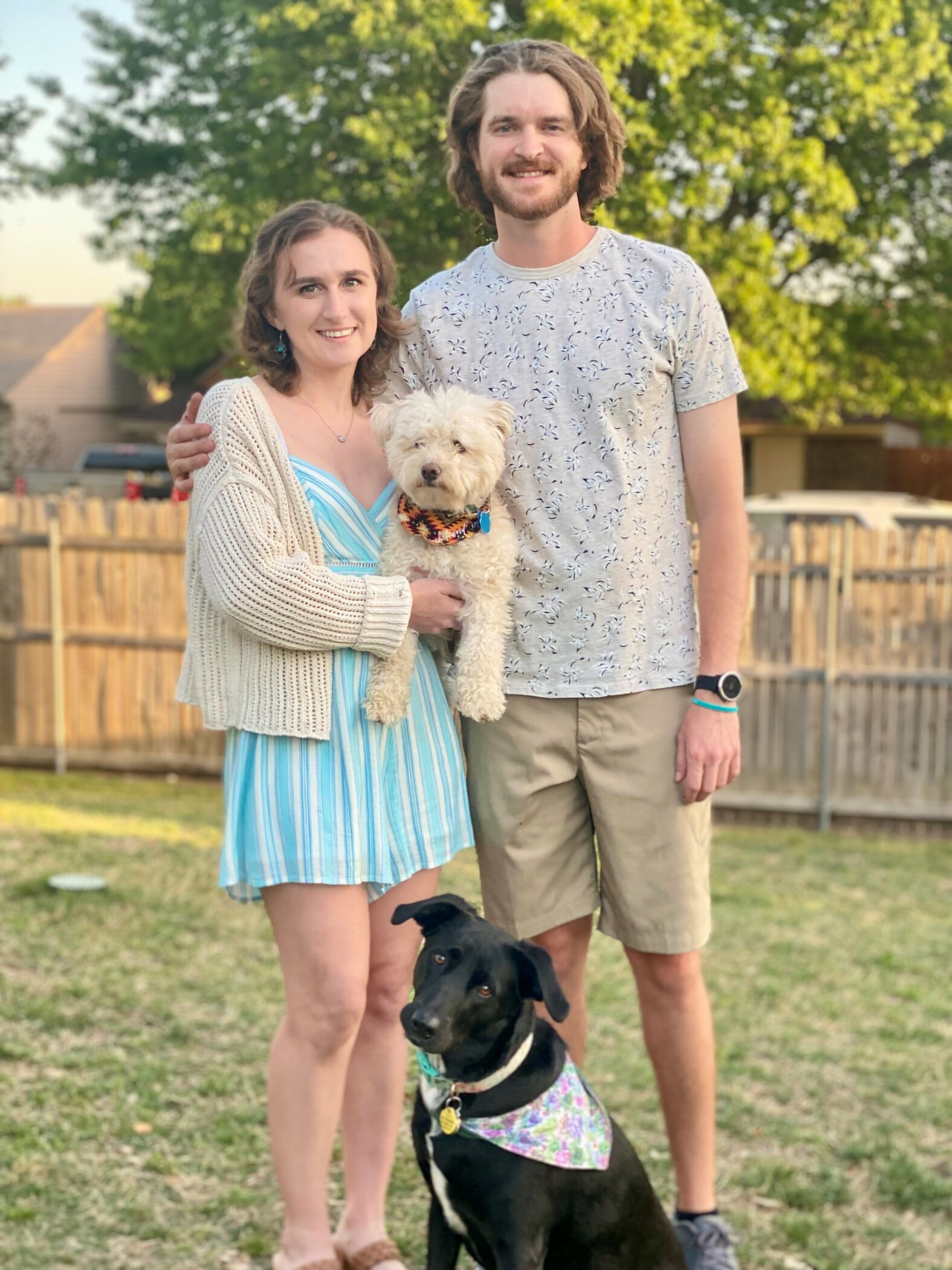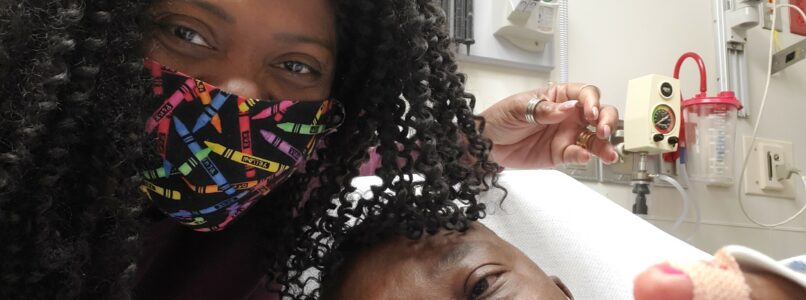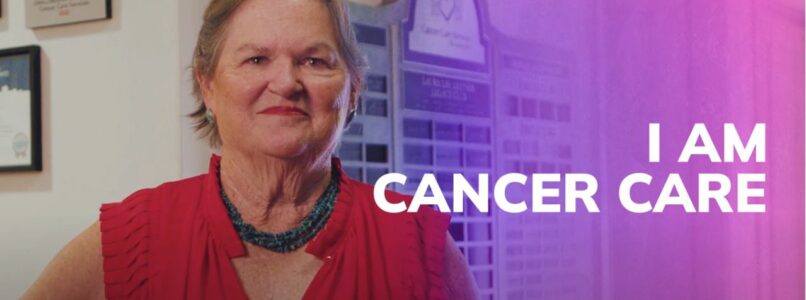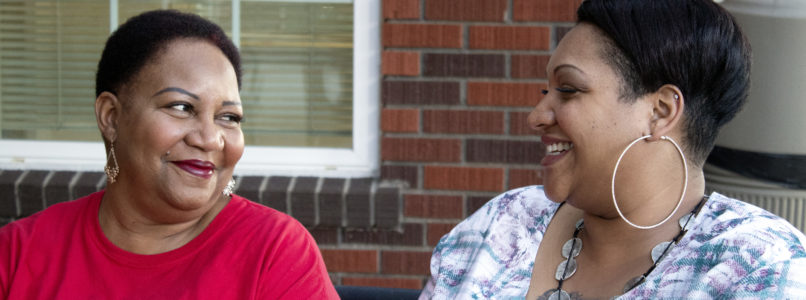Kayla’s Story of Hope Transcript:
Being a cancer patient, it’s cancer 24/7 because even if you’re feeling good, you’re thinking about it. It’s in your head, you know; it’s in your spirit.
Before cancer, my life was like– pretty much busy. I had my three little kids and my husband. I did notice I was tired all the time, and I suffered a lot from fibromyalgia, so I thought– in this neck area. So, my life was really being impacted before, and I didn’t know it.
I was actually sick with COVID, and I was taking a little bit longer to recover. I was having breathing problems, so we ended up going to the Emergency. When they did the scan of my chest, they did notice a mass higher up in my throat.
And so the doctor was pretty sure that it was only going to be a two-hour surgery. My surgery ended up being 6.5 hours. He knew right away that it was for sure cancer.
When I woke up from surgery, them being like, “Okay, well, you had cancer, but now you don’t,” it was just a rush of emotions because I didn’t know whether to be sad or scared or okay, now relieved because, well, it’s out now! So, it was just a lot to take in.
I think I actually found Cancer Care online. I ended up calling and immediately got connected to a social worker. Usually, you call when you need help anywhere, and, you know, you’re on a waitlist, or you’ve got to wait a while, or apply and all this. Cancer Care was on it and was like, “Yes, we can help you with this, this, this, this, so it all just moved really quickly.
The overall best help was counseling! And then my husband was able to get counseling, which, first of all, was amazing because I think the whole “cancer” thing affected him more than it affected me. He was able to get that counseling after hours.
As a mother, I don’t want to be crying at home or angry at home, you know, where the kids could see, so Cancer Care really provides that safe space where you can just talk about whatever is going on.
Everybody has different cancers, and everybody’s affected in different ways, but at the same time, it’s really relatable, and you understand each other and what you’re going through. Almost exactly to the year, I had another CT scan, and they found a mass again.
They were pretty for sure it was cancerous since I had just had it the year before. To be honest, I got in my van, and I let it out. I bawled my eyes out, I cried, had a chat with God. And mainly because the first time, I didn’t do that. I had more time to process it.
Cancer Care is absolutely phenomenal. It’s been a real blessing to not only me but to my husband and my children. It’s been an absolute necessity for me to be able to go through this.
Transcribed by: Kirbi T.
